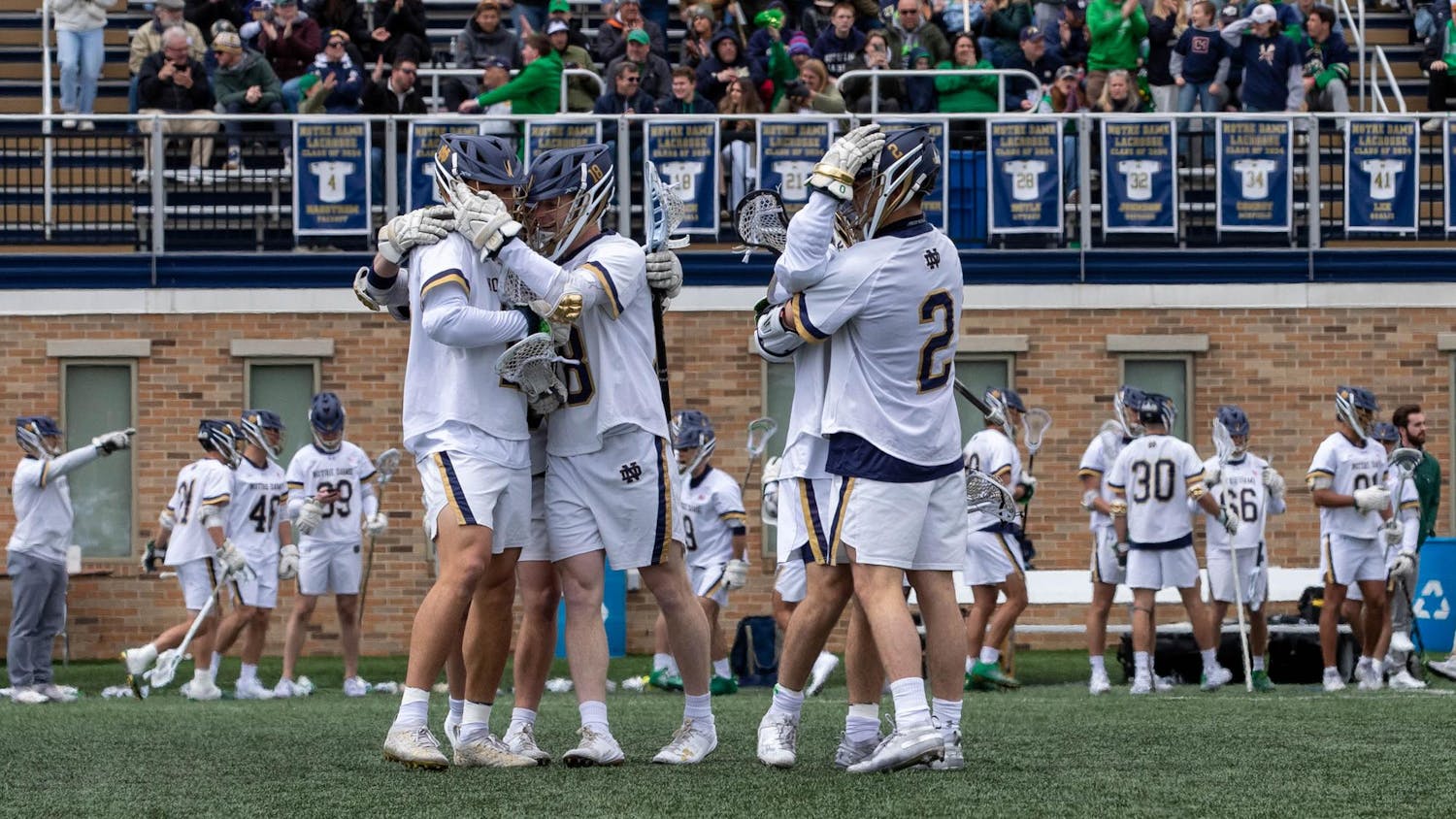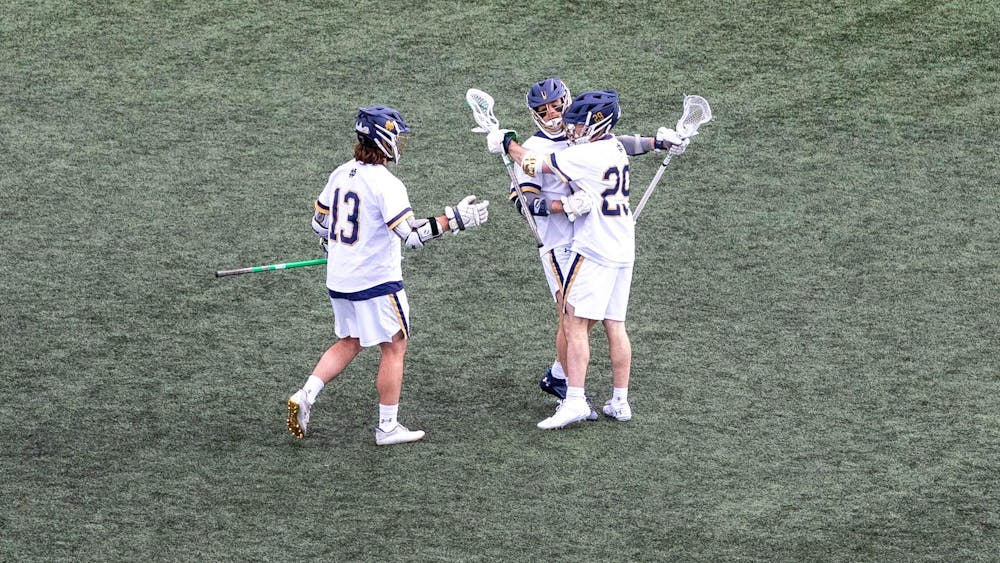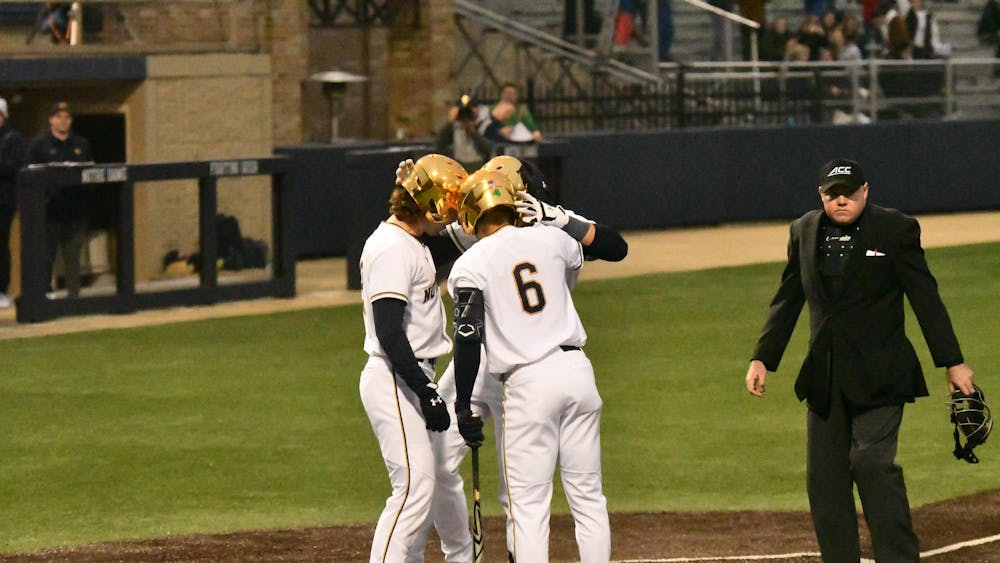This is the fifth in a 10-part series discussing the best rivalry in sports. In this installment, Casey Karnes argues the merits of the rivalry that consumes the midwest, Bears vs. Packers. Join the discussion on Twitter by using the #BestRivalry.
Familiarity, similarity and jealousy.
All great rivalries are built upon a combination of those factors. Every time two teams meet, animosity builds, snowballing into something greater with every altercation after the whistle, every insult passed around, every heart-breaking defeat. In the most heated of rivalries, fans don’t just want their team to win, they want the other team to lose. In the best of rivalries, these factors continue to blossom until the relationship between two teams becomes part of what defines them.
No rivalry combines these factors better than the yearly battles between the Chicago Bears and the Green Bay Packers. It’s the longest-running rivalry in NFL history with 188 matchups since 1921, with two more highly-anticipated games every year in the NFC North. Both teams have become an integral part of NFL history, with a combined 49 Hall of Famers and 22 NFL championships, including five Super Bowls.
The pillar of the rivalry is the two teams’ similarities, which date back to the very first days of the NFL. Both lay claim to some of the most legendary coaches in NFL history, with Earl Lambeau and Vince Lombardi battling the likes of George Halas and Mike Ditka. Their on-the-field identities have rarely wavered from their inceptions, as both teams pride themselves on physical, smash-mouth football with an emphasis on defense. Excellence is the expectation due to the traditions established by players like Grange, Payton, Luckman, Urlacher, Nitschke, Starr and Favre.
The parallels extend beyond the on-field product, and into the identities of the organization. They’re Midwestern institutions, embracing the region’s horrific weather as a competitive advantage, mocking opponents overwhelmed by the low temperatures and snow by refusing to wear sleeves. Even their fans are similar, scattered with fat men with terrible facial hair obsessed with either meat or cheese. For the Packers, Bears and their fans, playing each other is like fighting your evil twin.
It’s no surprise that these teams have become so intertwined that they define their success through comparison to the other. The Bears can’t take pride in the their nine NFL championships, second most in history, because the Packers have 13. In turn, they hold their NFL-leading 27 Hall of Famers, mocking the Packers for their paltry total of 22, also second-most. Second may as well be last when your hated rival is leering at you from first place. Even the postseason trophies evoke bragging rights, as the name of the Packer’s Lombardi graces the Super Bowl trophy, while Halas in relegated to the NFC Championship trophy.
Ultimately however, it’s the games that make this rivalry great. Every time these teams face off, there is an electricity in the air that is, for lack of a better term, unrivaled by other matchups. When the Bears play the Packers, whether the Super Bowl, a playoff spot or nothing at all is on the line, fans can expect 60 minutes of relentless, all-out football. This year’s second game was a perfect example, a battle for the NFC North crown being played in the bitter snow. It was fitting when Aaron Rodgers and Randall Cobb, who had missed eight and 10 weeks respectively but returned at less than 100 percent to battle the Bears, connected on fourth-and-8 with 38 seconds left for the touchdown from 48 yards out to complete the miracle comeback and win 33-28. It was the perfect rivalry game: the stakes were huge, victory was pulled from the jaws of defeat and it sets up perfectly for a revenge game next season.
In the end, players and coaches are the ones who give rivalries meaning, and both the Bears and Packers are as invested in their battles as their fans are. When former Bears coach Lovie Smith first assumed the role in 2004, he said the team had only three goals: win the NFC North, win a Super Bowl and beat the Packers. These teams are part of each other’s DNA, and as long as they keep playing with such intensity, it’s hard to disagree with the perspective of Packers Hall of Fame defensive end Willie Davis.
"There have been great rivalries in American sports, but none has had the fire in the belly that the Packers and Bears have had,” Davis said in 2000. “None has had as much winning or emotion associated with it."
Contact Casey Karnes at wkarnes@nd.edu













